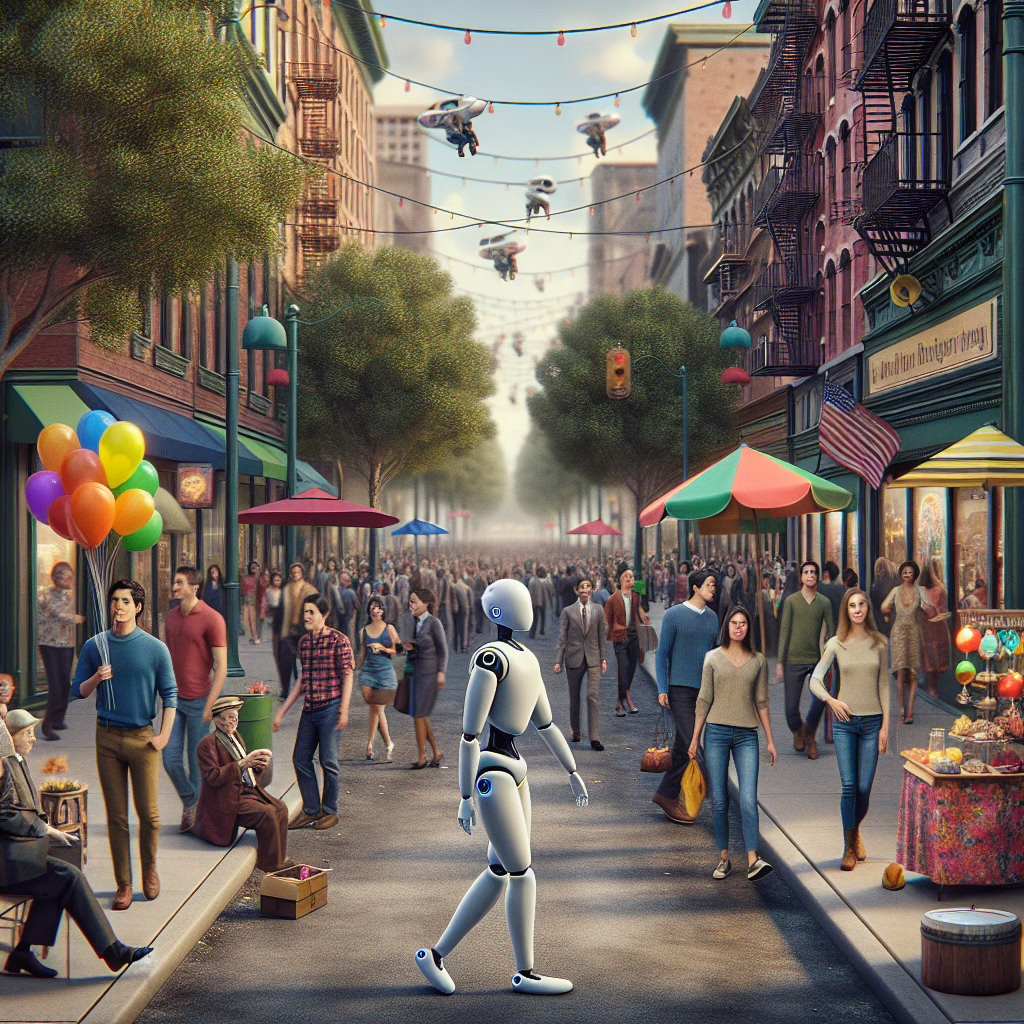In a world where artificial intelligence (AI) seems to be the new black, it’s time to take a humorous detour and explore some deep learning alternatives that are shaking up how AI agents operate. Forget about just beating high scores in video games; we’re talking about gameplay in the real world! Yes, you heard that right. AI is stepping out of the pixelated screens and into our coffee shops, parks, and maybe even your grandma’s living room!
Why Deep Learning Alternatives Matter
So, what’s the deal with these deep learning alternatives? Well, just like how people have different tastes in pizza (pineapple lovers, I’m looking at you), AI has different methodologies to tackle problems. While traditional deep learning models excel at pattern recognition and data processing, they can sometimes feel like trying to fit a square peg in a round hole when dealing with more complex real-world scenarios.
Deep learning alternatives offer flexibility and adaptability. These methods allow AI agents to adjust their strategies based on the environment rather than relying solely on pre-trained models. It’s like if your GPS could learn traffic patterns instead of just relying on outdated maps! This adaptability is crucial for enhancing AI agents’ performance in unpredictable situations.
Making Sense of AI Agents’ Gameplay
Let’s dive deeper into how these alternatives enhance AI agents’ gameplay. Picture this: an AI agent navigating through a bustling cityscape, dodging pigeons and avoiding that one guy who insists on riding a unicycle while juggling flaming torches. Traditional deep learning might struggle with such chaos. However, by leveraging alternatives like reinforcement learning or evolutionary algorithms, our digital friend can learn from its mistakes—much like we do when we trip over our own feet while trying to impress someone!
- Reinforcement Learning: This method works by rewarding the AI for good decisions and penalizing it for bad ones. It’s like playing a game of Monopoly where you only get money when you make good moves!
- Evolutionary Algorithms: These mimic natural selection, allowing the fittest strategies to survive and thrive. Think of it as Darwinism for algorithms—survival of the smartest!
The Benefits of Embracing Change
Adopting deep learning alternatives brings several key benefits:
- Reduced Computation Times: Instead of crunching numbers for days like a college student preparing for finals week, these methods streamline processes, making them faster and more efficient. It’s efficiency at its finest!
- Greater Transparency: These alternatives provide better understanding in decision-making. When an AI agent makes a choice, it becomes simpler to understand why it made that decision—like finally figuring out why your cat ignores you when you call it!
The Future is Bright (and Slightly Hilarious)
Looking toward the future of AI in 2025 and beyond, embracing these deep learning alternatives could lead us into uncharted territories filled with unexpected outcomes. Imagine an AI agent that can adapt to your whims—like a personal assistant who knows your coffee order but also understands when you need an extra shot of espresso after a long night binge-watching your favorite series.
As we continue to develop more sophisticated models that integrate these alternatives into their core frameworks, we may find ourselves living alongside truly intelligent systems capable of navigating both virtual and real worlds seamlessly. Who knows? Your future AI roommate might even help you pick out clothes or remind you to water your plants—without accidentally killing them this time!
A Call to Action for Future Innovators
The advancements in AI through these deep learning alternatives open up exciting possibilities for developers and researchers alike. With creativity as our guiding light, let’s embrace the humorous unpredictability of building better AI agents that enhance our everyday lives.
So next time you see an AI agent trying to cross the street or attempting to understand human emotions (good luck with that!), remember: there’s a whole world of deep learning alternatives out there ready to make things interesting!
We’d love to hear your thoughts! Do you think deep learning alternatives will change the game for AI agents? Drop your comments below!
For further insights on AI trends and employment, don’t miss our articles on US tech jobs and AI, and check out how future predictions from industry leaders could reshape the landscape!

